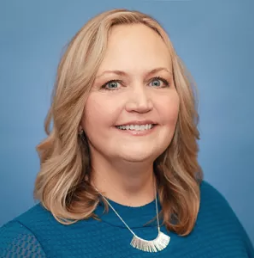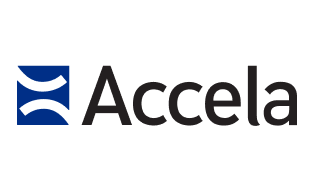Editor’s Note: This is a guest post by Heidi Lorenzen, vice president of marketing for Accela that was originally posted in CitiesSpeak, the official blog of the National League of Cities.
Cities are laboratories for democracy where residents can directly access their local elected leaders to make their concerns known. While federal regulation and legislation moves at a seemingly glacial pace, cities have to act nimbly and continuously evolve to maintain a well-functioning community. Cities all across the country are navigating emerging regulatory challenges that include ride sharing registration in New York City to e-scooters in San Francisco, to cannabis regulation in towns coast to coast. In all cases, cities can learn key lessons about solving technology issues from trusted and innovative partners.
Understanding the customer experience
In today’s era of customer empowerment, adapting quickly to trends in demand is now table stakes for success. Consumers expect immediate and inter-connected experiences whether on a browser, in an app, or in person. Working with this new reality has proven difficult for even the darlings of the private sector (think Blockbuster or Toys “R” Us), let alone government agencies.
While customers can move to alternative brands that best serve their needs and values, they only have one option when it comes to public services: the city government where they live. Historically, for a variety of technological, knowledge based, budgetary and workforce reasons governments have been slow to meet the new reality of citizen expectations. Many are ill equipped to embrace the latest technology and to improve delivery of government services.
Even so, there are also many government pioneers forging ahead. In the city of Tacoma, Washington, officials implemented Accela’s Civic Solutions for Planning and Building, reducing office foot traffic and service calls by providing residents 24/7 access to the city’s online permitting system. Officials leveraged the modern technology to route customers directly to subject matter experts and used Accela APIs to provide leadership metrics on customer service, processing time statistics and notes captured by staff. By using modern technologies the city has saved its permit specialists nearly 30 hours a month in processing “over the counter” permits — with many permits applied for, reviewed and issued on the same day.
Learning from example to move forward faster
At the federal level, 18F and the U.S. Digital Service (USDS) are demonstrating the value of the private tech sector and government working collaboratively. These initiatives grew out of a White House strategy to fix the flawed rollout of healthcare.gov by recruiting top Silicon Valley talent. The process worked so well that 18F and USDS continue to help agencies across government deliver services better while saving money in the process. Some of these efforts include instruction in agile development, assistance with new contracting strategies like modular procurement, offering a digital strategies playbook and by providing free IT tools, like 18F’s Web Design Standards.
Governments are experiencing unprecedented rates of technological change, such as emerging regulatory challenges from autonomous vehicles and cannabis, to an expanding shared economy from e-scooters and short-term rentals. To address these new and complex challenges, cities and the private sector would benefit by working together to improve services and to improve relationships with the community.
We can collaborate and shape the future
Such initiatives should give us hope that we can shape the future, not have it shape us, and they can be used as a model of how technology companies can forge strong partnerships with the public sector to understand their challenges from the inside. Experienced CIOs, data managers, and other city employees have deep insights into what works and what doesn’t work in the real world. Their input, paired with tech expertise, helps accelerate moving from the whiteboard to deployment. Modern agile approaches and human-centric design ensure the best results: solutions that function as needed and solve real challenges cities and communities are facing.
Public-private partnerships and knowledge sharing is a two-way street. Technology vendors are the industry domain experts who can offer time-tested advice on things like workflow optimization, interagency data exchange, and even the most appropriate policies to regulate new technologies. This knowledge can be built into technology solutions that drive the better customer experiences and efficiencies governments gain when improving their processes.
In this same vein, Accela recently launched a partnership with Startup In Residence, a nonprofit that connects startups with government agencies to co-develop technology products over a 16 week period that address civic challenges. We are looking forward to providing our industry knowledge, technical advice, and business guidance to help these startups, and the communities they work with, succeed.
Creating better communities for all of our neighbors
Through thoughtful partnerships, knowledge sharing, and better collaboration on implementation, we can improve the delivery of services for customers. In the end, we are creating better functioning communities.
At the National League of Cities’ City Summit earlier this month I was inspired by the discussions about the ways companies and governments can work together with city leaders across the country. If I missed you at the summit, let’s talk. I’m sure there is much we can learn from each other to make our communities thrive.

About the author: Heidi Lorenzen is a high-impact global marketing executive with a 25+-year international career. Heidi is the Vice President of Marketing for Accela. Accela provides market-leading SaaS solutions that empower state and local governments to build thriving communities, grow businesses and protect citizens.




